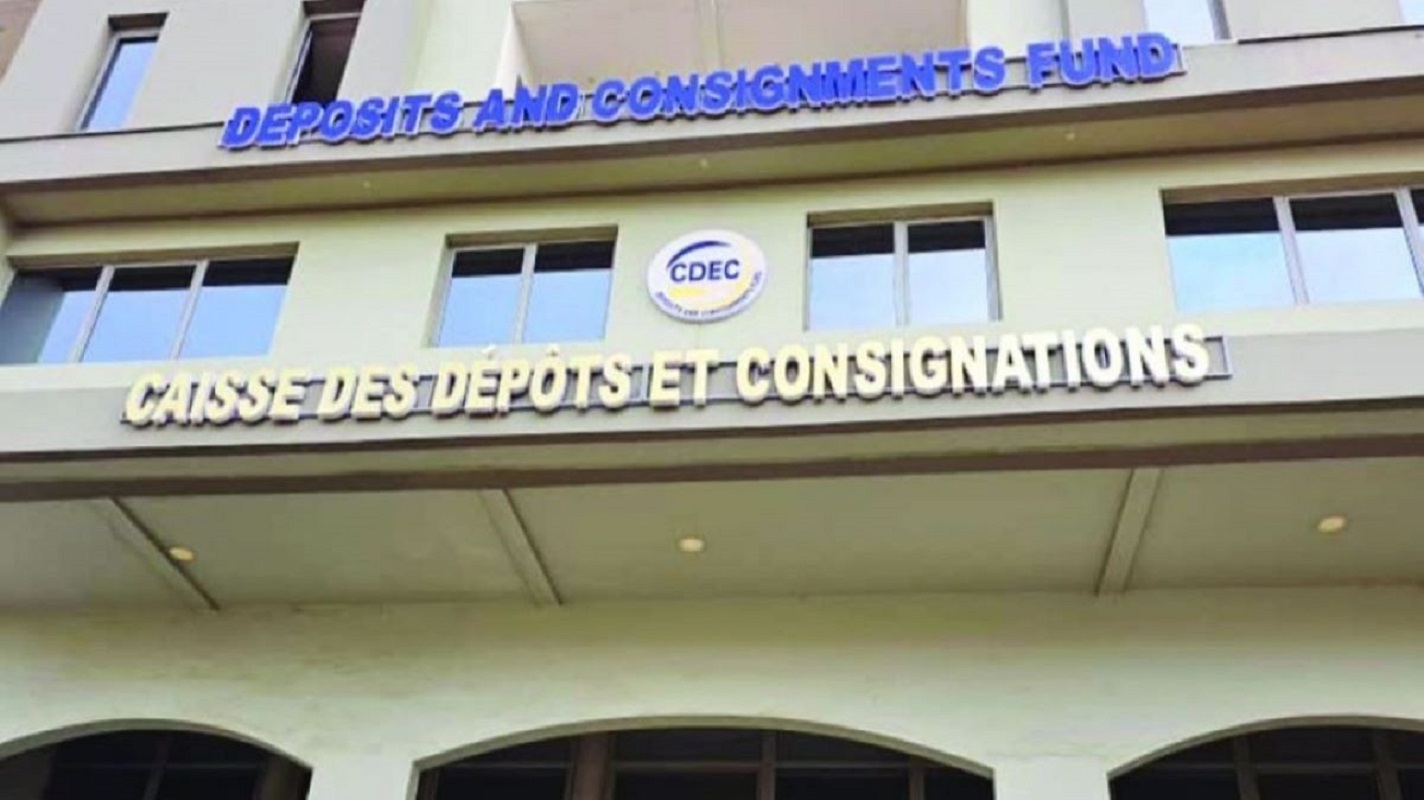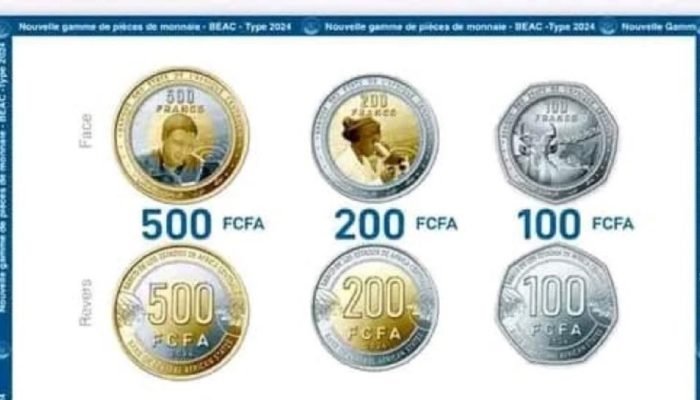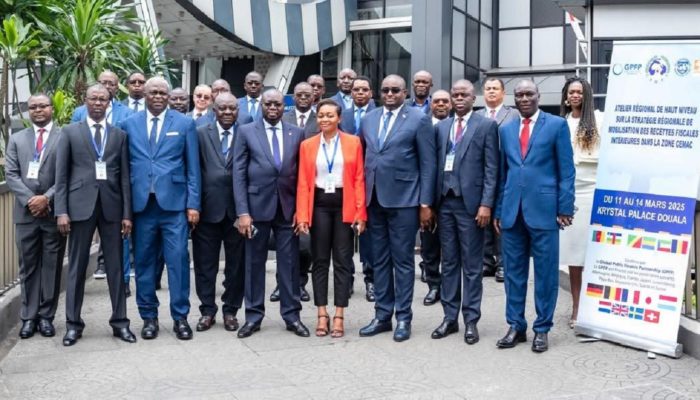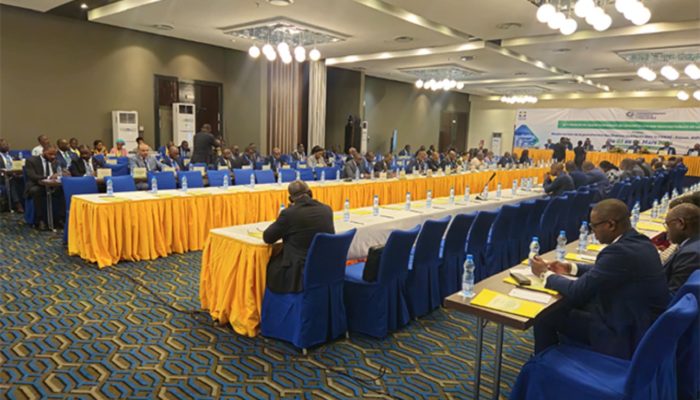At the third and final meeting of the working group initiated by the Governor of the BEAC, the Director General of the Deposit and Consignment Fund of Cameroon (CDEC) reaffirmed the country’s position: a categorical refusal of full supervision of the CDC by community authorities. Yaoundé denounces this as an attempt to force its way through and a violation of the sovereignty of member states.
On April 15, 2025, the CDEC participated in the final meeting of the working group set up by the Governor of the BEAC, intended to examine the issue of the supervision of the Caisses des Dépôts et Consignations (CDC) in the CEMAC zone. This consultation framework, which brought together the BEAC, the COBAC, and the CDCs of Cameroon and Gabon, did not lead to a rapprochement of positions.
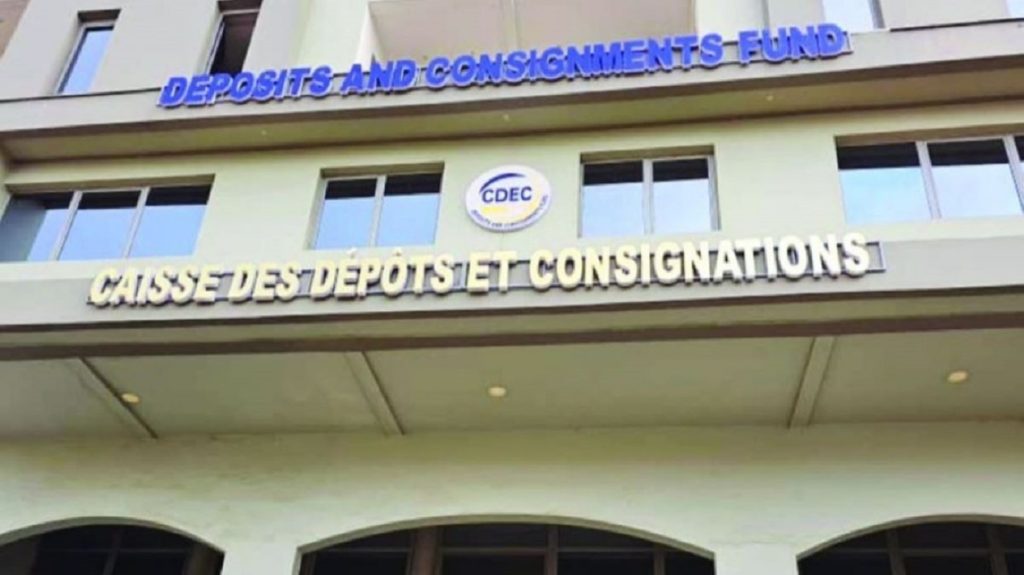
The discussions revealed a fundamental disagreement: BEAC and COBAC want full supervision of the CDCs, assimilating them to banking institutions, while the CDCs of Cameroon and Gabon strongly oppose this. The latter advocate for supervision limited to residual banking activities only, if these exist in the absence of dedicated subsidiaries. According to the CDEC, the BEAC and COBAC proposals lack any solid legal basis and ignore major issues: state sovereignty, the exemption of public accountants from banking regulation, and the lack of concrete data on potential systemic risk.
Despite the lack of consensus, an essential condition for any community-based approach, the BEAC and COBAC plan to submit their preliminary drafts to the UMAC Ministerial Committee. The CDCE interprets this initiative as an unacceptable attempt to force the issue.
In response, the CDCE recalled that Community competences are conferred competences, granted by Member States within a clearly defined framework. It therefore calls for strict compliance with this fundamental rule of Community governance.
Cameroon’s firm position
Cameroon, through the voice of the CDEC, reiterated three major demands:
- The outright withdrawal of the draft text on the conditions of exercise and supervision of CDCs, deemed to have no legal basis and contrary to international good practices.
- Limiting COBAC supervision to residual banking operations only, in cases where the CDCs do not have subsidiaries for these activities.
- The lifting of an injunction deemed illegal and discriminatory against Cameroon, issued by the Secretary General of COBAC, which weakens the relationship between banks and the State.
Faced with this institutional standoff, Cameroon intends to defend its sovereignty and its right to organize its public services without unjustified interference. The continuation of the community process will be closely scrutinized by both the Cameroonian authorities and the other CEMAC member states.



